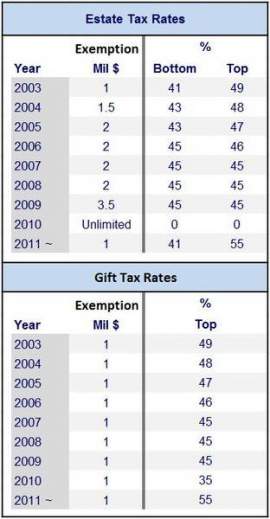
Dormant Commerce Clause

Previously, the "Dormant" Commerce Clause was utilized to allow state control over interstate commerce legislation on specific issues. The Dormant Commerce Clause never addressed issues of congressional power over issues such as interstate taxation, and instead allowed states to interpret the dormant commerce clause outline in a manner that best suited them. Yet, no state could impose taxes that had the potential to be detrimental on a national level, such as those that discourage business. The original intent of the commerce clause was to ensure that no state imposed taxes on any individual or entity that would cause ill effects on the nation as a whole.
The Dormant Commerce Clause outline shows that it was meant to prevent states from passing legislating that would be detrimental to the economy of other states, or to the Nation as a whole. The Dormant Commerce Clause was never utilized as a manner to exert congressional power over matters of commerce. Rather than lowering the control of states, the dormant commerce clause was used to express the power that congress has over issues of commerce by prescribing what issues were under state control. In the United States v. Lopez, the "dormant" Commerce Clause outlined only rules that applied to state control over issues of commerce.
The dormant commerce clause failed to be utilized to exercise congressional control over any issues that related to interstate, intrastate or commerce with foreign entities. The Dormant Commerce Clause outline held that each state has control over issues that related to manufacturing and production, and taxes that applied to those issues of commerce. However, on a broader scale, the dormant Commerce Clause allowed the courts to make specific determinations about which issues were under congressional control, or those issues that should be heard in federal court. Any case heard in court, was of course subject to due process regardless of which jurisdiction had power over that issue.
Issues like price fixing, could be determined by the dormant commerce clause outline. The purpose of the dormant commerce clause outline was to eliminate any state from providing added benefits, or penalties that would influence the location that companies chose to do business.
In addition, there could not be taxes imposed that would encourage events such as price fixing based on monopolies that had no competition due to benefits granted by a state. The Dormant Commerce Clause outlined the differences between manufacturing and commerce. The dormant commerce clause outlined whether issues had a direct or indirect effect on commerce on local or national level.
NEXT: What is Your Federal Tax ID For?




















